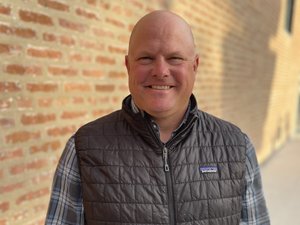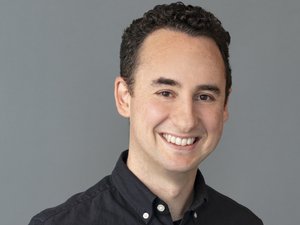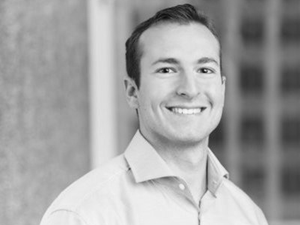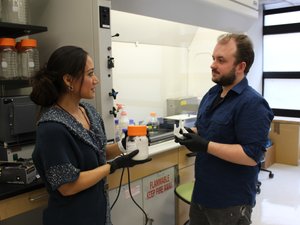Though engineers and scientists often have the spark and know-how turn ideas into viable technology, they often don't have the legal or business background necessary to commercialize their tech. Northwestern Law wants to change that.
The law school has developed a one year Masters of Science in Law program specifically aimed at students with STEM backgrounds who want a primer in law, especially pertaining to business, but without sitting through a two to three year JD or MBA program.
"There's a general perception that engineers and scientists are the ones with the ideas and they hand off to the business people," said Leslie Oster, a professor at Northwestern Law who helped develop the program. "They shouldn't be siloed as just the idea people…[this program] empowers this population of people with skills and knowledge that would allow them to excel in their chosen profession."
The MSL program, which just graduated its first class this year, trains students on intellectual property, regulatory, and business law as well as fundamental legal knowledge such as contracts and liability risk. Elective courses cover subjects like navigating patent trolls, entrepreneurship venture capital, and telecoms regulation. The aim is that the curriculum to the intersection of business, law, and technology, creating "translators" who can navigate both the legal and technical side of a business. "[It] is very tailored to the marketplace," said Oster.
The idea came about because administrators at Northwestern Law started to see an influx of law students with STEM backgrounds who excelled, but didn't always have the intention of becoming lawyers. Rather, they wanted the legal know-how to bring technology and business together. They also told NU administrators plenty of their STEM colleagues were interested in a legal education, but were turned off by the intensive commitment of a law degree.
Northwestern Law initially planned to have about 10 students in the initial program, but due to demand, expanded to 30. About a third came from life sciences, a third from engineering, and a third from technology, chemistry, and health background. 18 were full time students, 12 were part time. Four students had PhDs, 50 percent had advanced degrees, and two-thirds had work experience. It was about half male, half female.
Leslie said she was surprised to see how involved the MSL students got involved at the law school and in campus life, taking part in student organizations, sitting on boards, and contributing to law journals.
One MSL student went into the program as a patent agent, and came out a startup founder.
Amy Garber found out about the program before its inception, at a Northwestern Law conference several years ago. She studied bioengineering at University of Pennsylvania and had been a patent agent for GE for about eight years, but felt ready for the next step in her career. She had gone back and forth about law and business school, but wanted something that fit within her expressed interests in technology and business. At the conference, a Northwestern Law professor mentioned the program and she was sold.
"I wanted to refine my IP skill set and learn more about intellectual property valuation and strategic portfolio management…but also to learn more about business and competitive advantage and more entrepreneurial endeavors," she said.
As Northwestern students, the MSL students can participate in NUvention courses, which bring together students from different disciplines across the university to conceive and commercialize solutions to industry problems. Garber had always been interested in learning more about energy and sustainability issues, so she signed up for the Energy NUvention course, where she connected with researchers working on tech that could extend the shelf life of products to reduce food waste. Though there were JD students in the class, she was tapped to be the chief intellectual property officer for the startup they formed around the tech, which she believes was due to her overlapping skill set that came from the MSL program.
"We can't practice law, but that's not really our purpose," she said. "It's our job to be the liaison between the sciences and the lawyer."
Their startup, Hazel Technologies, won $10,000 in the sustainability track at this year's Northwestern New Venture Challenge, which they are using to get into the lab, develop their proof of concept, and get the product out to beta testers.
Though Garber was able to translate her experience and the program to working in a tech startup (and continues to do contract work for GE), she admitted it isn't always easy to explain the program to those who aren't familiar with the curriculum. Some other students have had to defend their choice of a one-year masters program, rather than a JD or MBA, to companies who are used to seeing a more traditional education experience on a resume.
Oster said so far students are split as to whether they go back to the workforce, school, or are striking out on their own through startups, and she admitted they did take a risk being the inaugural class of a new type of program.
"We recognize that these students are coming before we have perfected it," she said. "The compensation for them is that they are on the front end of this exciting endeavor."
"An organic, intermingling of skills and knowledge and talent and motivation that leads to truly successful businesses," she added. "Our goal was to create glue on a team: communicators, translators."








